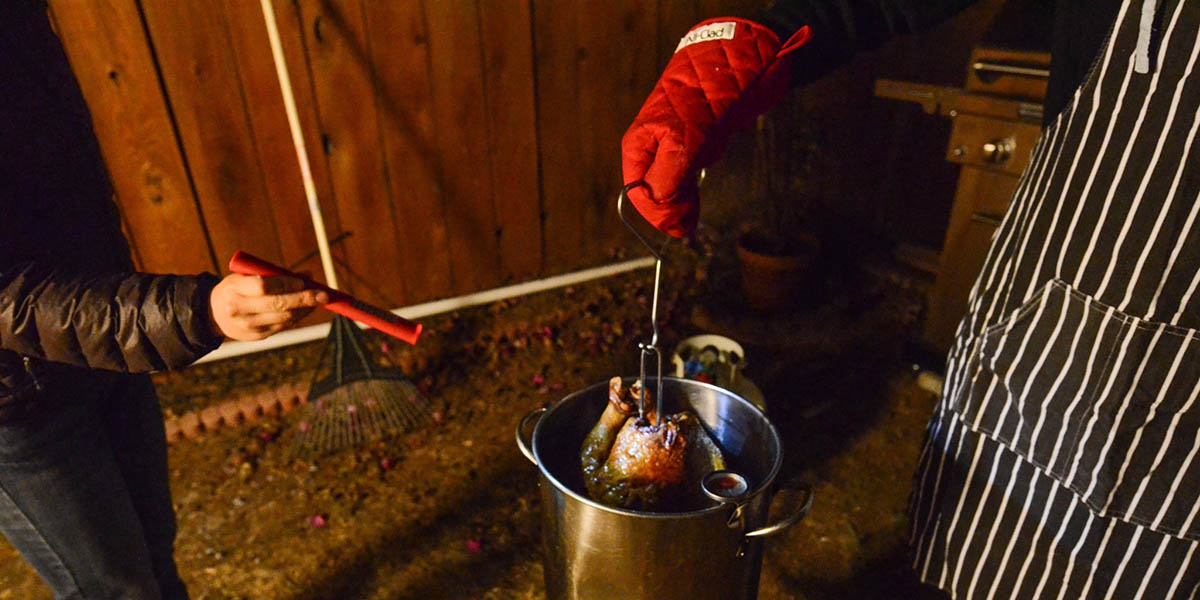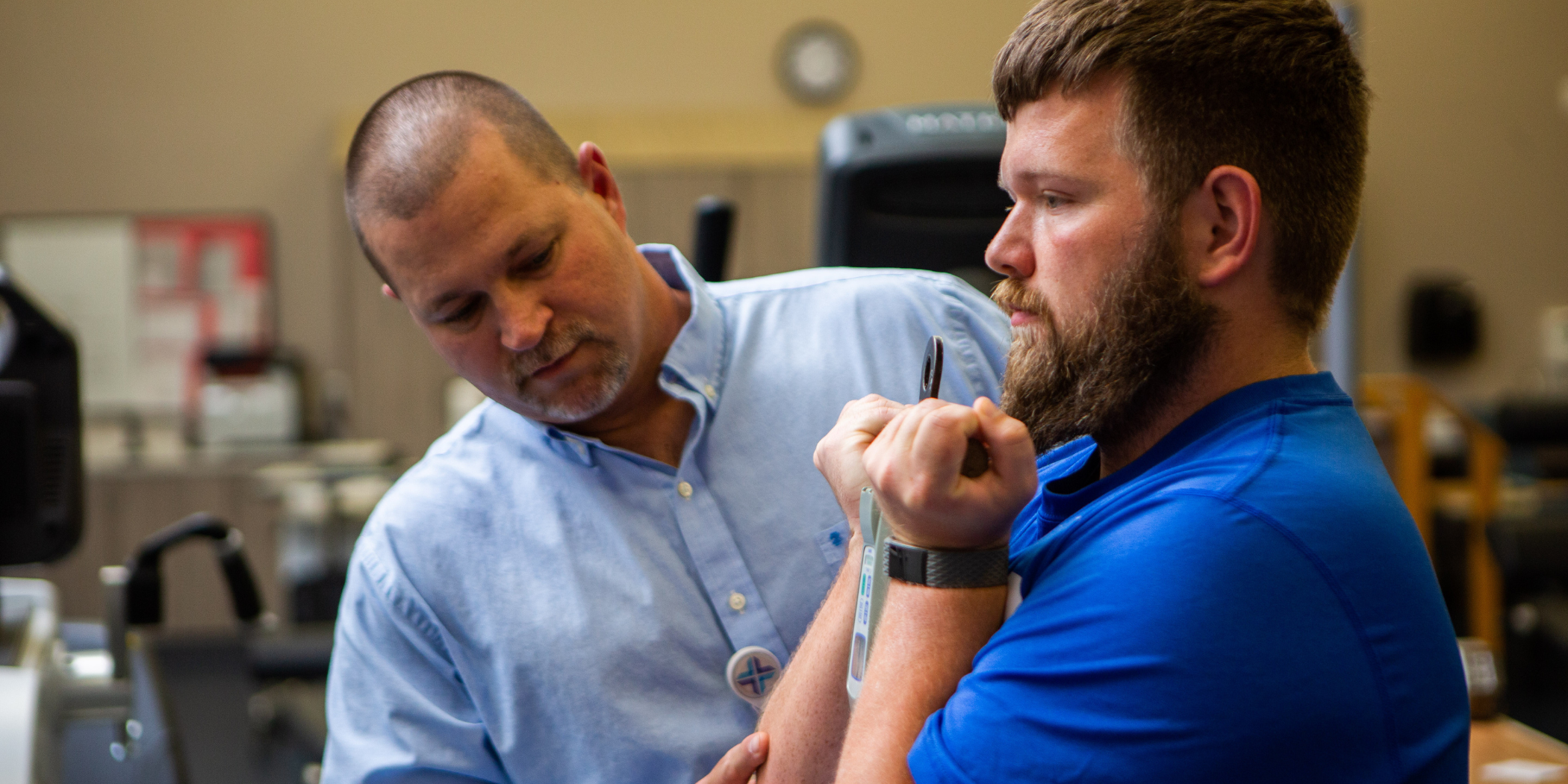
Take precautions to reduce the potential for fire
Cooking mishaps and trying to stay warm contribute to the increased potential for fires during the winter months.
House fires increase in the fall and winter, and December and January are the peak months, according to the American Red Cross. This is largely because people are trying to stay warm.
But some holiday decorations and meal preparations also present fire hazards.
During the holiday months, Spartanburg EMS sees an increase in calls related to these hazards.
Josh Kingsmore, EMS administrative manager for Spartanburg Regional Healthcare System, suggests these precautions to reduce the potential for a house fire.
Staying warm
If your house is heated through a chimney, have it cleaned before building a fire. Closely inspect cords for space heaters and make sure ABC fire extinguishers are kept in kitchens and bedrooms.
“It's a small price to pay to make sure your house doesn't burn,” Kingsmore said.
Kingsmore said alternative heating sources, including kerosene heaters and space heaters, are the greatest contributors to house fires.
Fill and light kerosene heaters outdoors before bringing them inside a house. Keep all heaters away from flammable objects, including curtains, blankets, magazines, books or piles of laundry. It's also recommended that heaters shouldn't be used in homes with small children and pets.
Kitchen ovens should never be used as a heating source for a home.
Kingsmore said it's important to speak up if you observe a loved one taking an unsafe approach to heating their home.
“Be direct,” he said. “It's much easier to have an awkward conversation than to see the fire department coming. Bring those issues up so they're aware.”
Holiday decorations
Lights and candles are a special part of many holiday celebrations. EMS recommends using flameless candles and LED holiday lights. Today's LED options use less electricity and emit less heat, which reduces the risk of fire.
Make sure to stretch out strings of lights and inspect them. This is especially important with older incandescent lights.
Always turn holiday lights off when leaving home. If you decide to use traditional candles, make sure to blow them out before leaving or going to bed.
Also, use caution when using candles if children and pets are around.
Cooking
The holidays draw many people to the kitchen, including inexperienced cooks. Kingsmore said grease fires are a real danger.
There are plenty of blooper videos capturing attempts at frying turkeys. But the situation isn't very funny when it happens in real life.
Grease fires can occur when a waterlogged turkey comes in contact with hot grease.
“If you're not familiar with what you're doing as far as cooking, you shouldn't do it,” he said. “That's the rule of thumb.”
Kingsmore said turkeys should be fried far away from houses and never cooked inside a garage.
In the event of a grease fire, turn heating sources off, smother flames with another pot or pan or pour lots of baking soda on it. Never apply water to a grease fire.
What to do about burns
In old television shows, actors added butter to their burns. Never do this.
Kingsmore said people experiencing minor burns can apply cool water to stop the burning process. Too often, people apply substances, including condiments, to burns. This can make matters worse.
Call 911 if someone experiences burns on large amounts of their body. Otherwise, if there are concerns about a burn, visit one of Spartanburg Regional Healthcare System's five Immediate Care Centers.
“If in doubt, get it checked out,” Kingsmore said.











